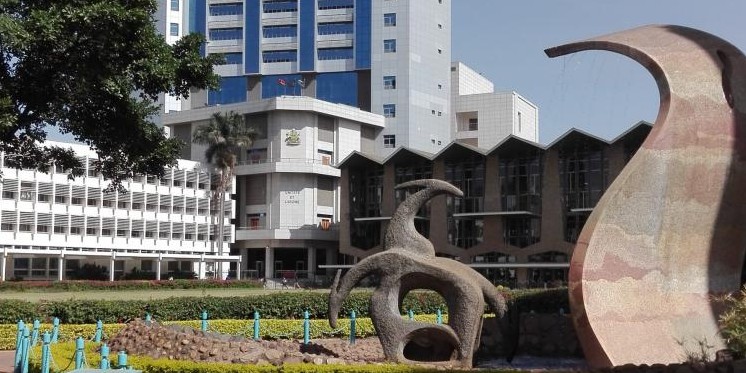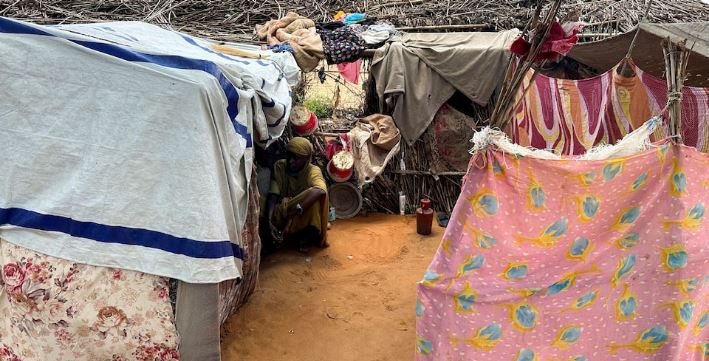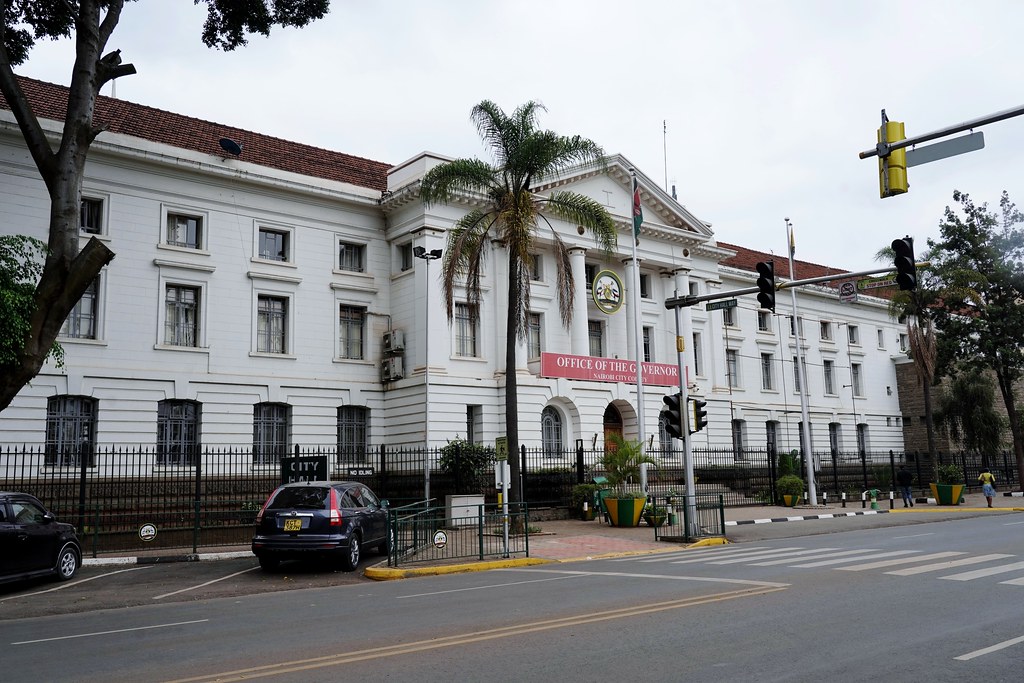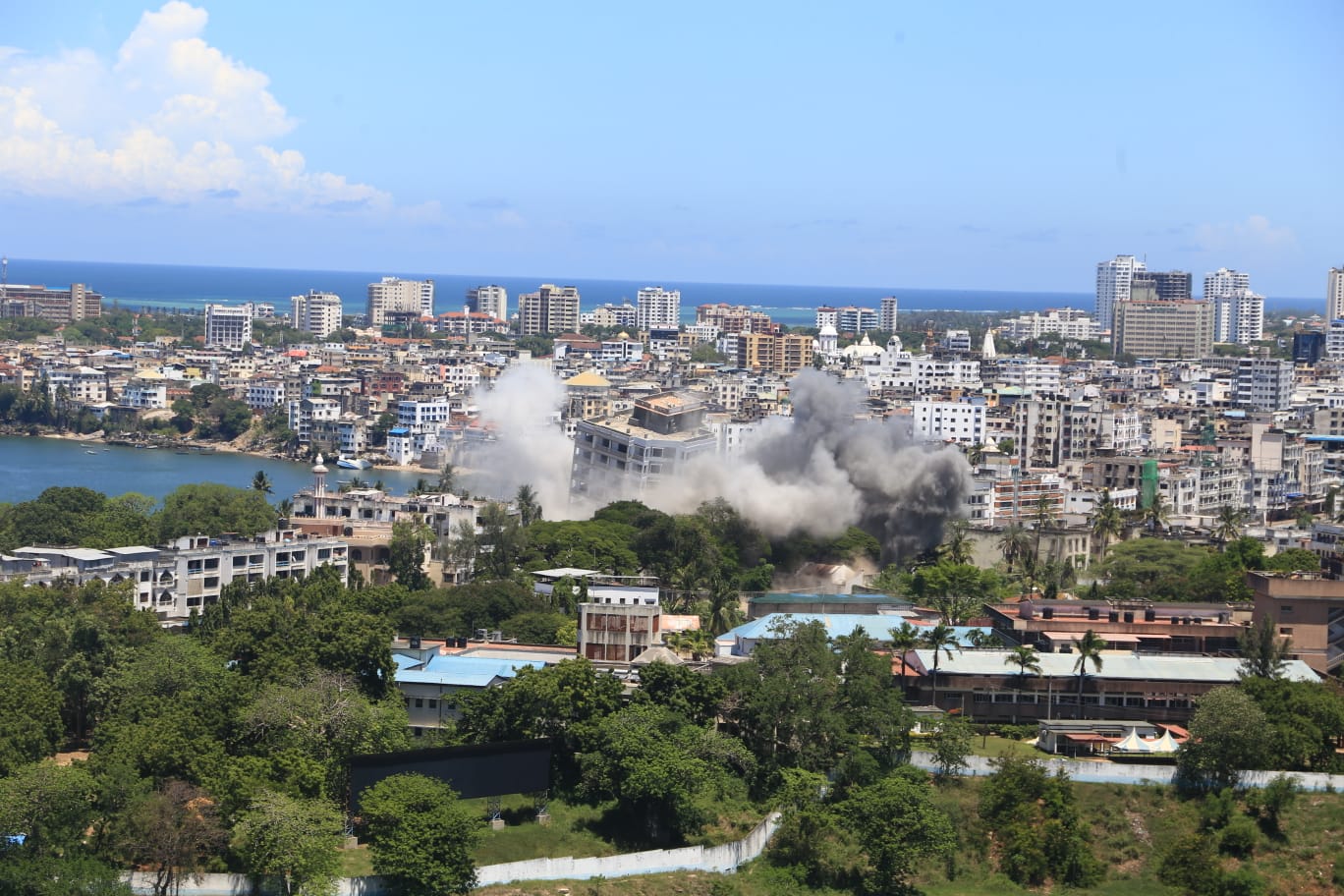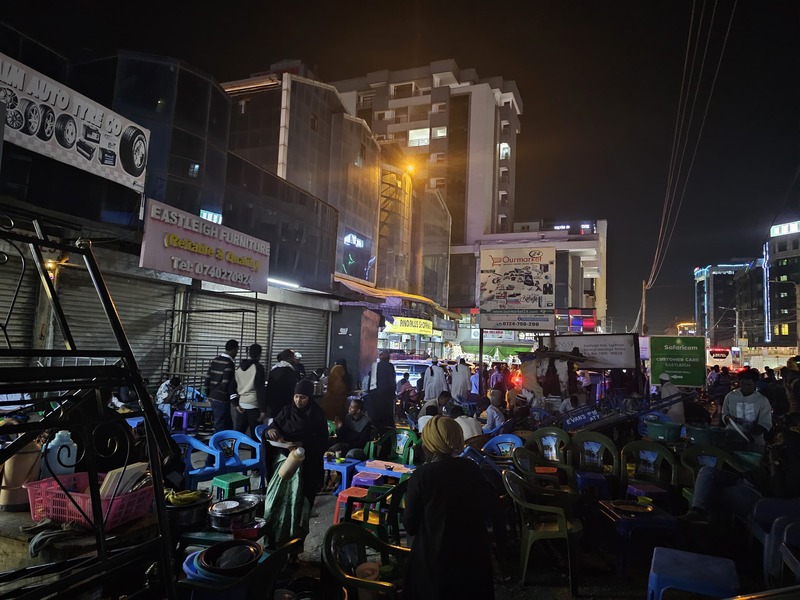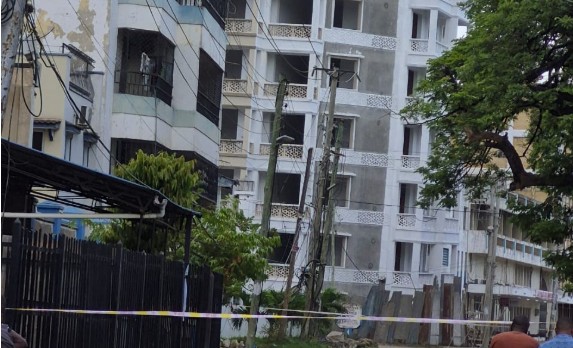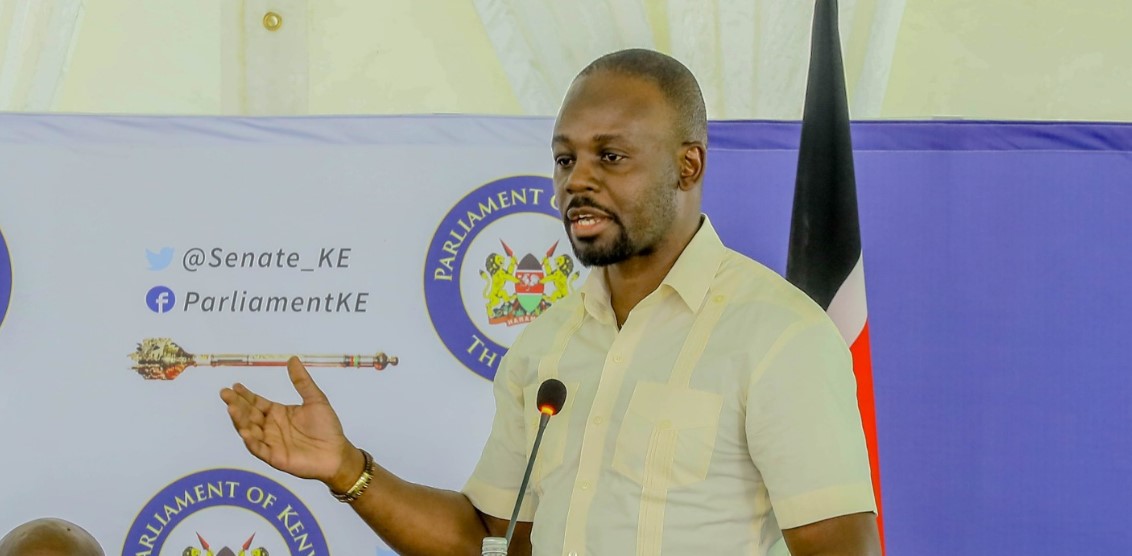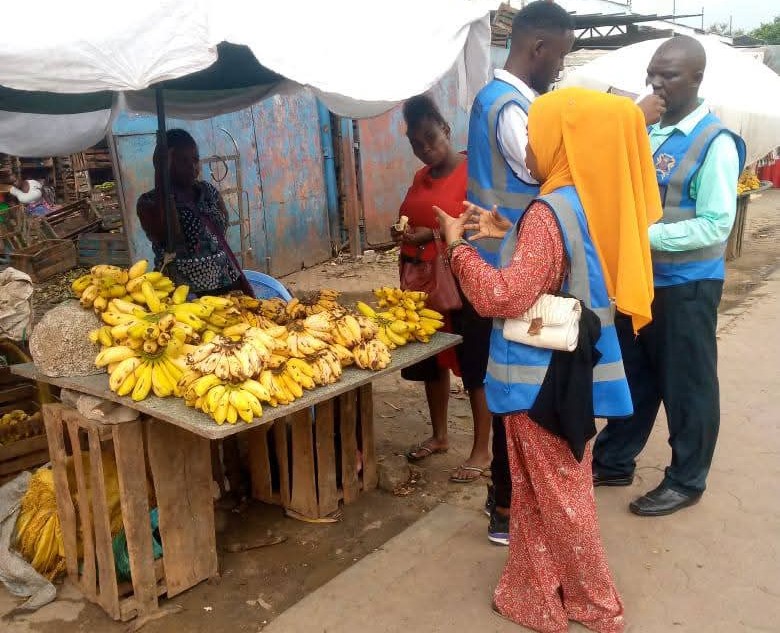Kampala's air pollution linked to over 7,000 deaths in four years - study
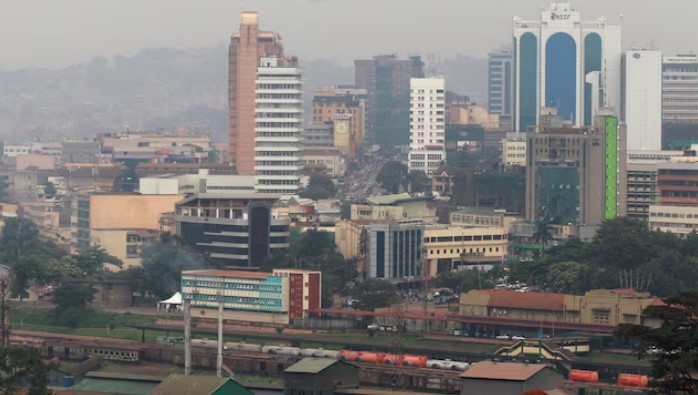
The study, published on June 15 in the Journal of Exposure Science and Environmental Epidemiology, attributes 7,257 deaths in the past four years to air pollution.
A recent study by researchers from Makerere University has revealed a startling connection between air pollution and mortality rates in Kampala.
The study, published on June 15 in the Journal of Exposure Science and Environmental Epidemiology, attributes 7,257 deaths in the past four years to air pollution.
More To Read
- Uganda’s boda boda bikes are deadly polluters: Study models how going electric could save lives
- Sakaja says at least 2,500 people die annually in Nairobi from air pollution
- Fire-related air pollution claims over 1.5 million lives annually - study
- How City Hall plans to tackle air pollution through Air Quality Index tool
The research, led by Lynn Atuyambe, underscores the severe impact of particulate matter (PM2.5) on public health in the city.
The study utilised a time series design, involving the observation of people over a set period, to gather data on daily outdoor concentration levels of PM2.5 in Kampala.
This data was combined with mortality statistics from the Uganda Bureau of Statistics and the Ministry of Health. The findings are alarming: the annual average concentration of PM2.5 from 2018 to 2021 was 39 micrograms per cubic meter (μg/m3), far exceeding the World Health Organisation's (WHO) annual guideline of 5 μg/m3.
The report highlights significant seasonal and daily variations in pollution levels. Lower PM2.5 concentrations were observed during the rainy seasons (March–June and October–December), while peaks occurred in the mornings (9:00 AM) and evenings (9:00 PM), likely due to increased vehicular emissions and weather patterns such as atmospheric temperature, humidity, and wind. Saturdays were identified as the most polluted day, with a daily average of 41.2 μg/m3 over the four years.
“Regarding attributable risk, we found that of all the deaths in Kampala, 2,777 (19.3 per cent), 2,136 (17.9 per cent), 1281 (17.9 per cent) and 1,063 (19.8 per cent) were attributable to long-term exposure to air pollution (that is to say, exposure to PM2.5 concentrations above the WHO annual guideline of 5 μg/m3) from 2018 to 2021, respectively,” the researchers wrote.
“For the four years and considering the WHO annual guideline as the reference, there were 7,257 air pollution-related deaths in Kampala City,” they added.
Environmental threat
The World Health Organisation (WHO) has identified air pollution as one of the most significant environmental threats to human health.
According to the WHO, reducing air pollution levels can significantly mitigate the burden of various diseases, including stroke, heart disease, lung cancer, and chronic and acute respiratory diseases, such as asthma.
This warning comes on the heels of the government's introduction of the new National Environment (Air Quality Standards) Regulations, 2024, aimed at curbing the country's alarming pollution levels and associated fatalities.
This report comes at a critical time, following the Ugandan government's launch of the National Environment (Air Quality Standards) Regulations, 2024, aimed at curbing high pollution levels.
These new regulations set strict limits on emissions from factories, vehicles, and other sources, and ban the open burning of waste, a significant contributor to urban pollution. Penalties for violations range from fines of Shs400 million to Shs1 billion and prison sentences of four to ten years, depending on the severity of the offense.
Dr Barirega Akankwasah, executive director of the National Environment Management Authority, emphasised the importance of these regulations during their release.
Other Topics To Read
He outlined plans to restrict engine technologies and vehicle age, promote timely vehicle servicing, and ensure high fuel quality. Factories and industries are now required to have emission control plans and obtain licenses from the authorities, ensuring they use the best equipment to minimize emissions and protect workers from high pollution levels.
Top Stories Today




